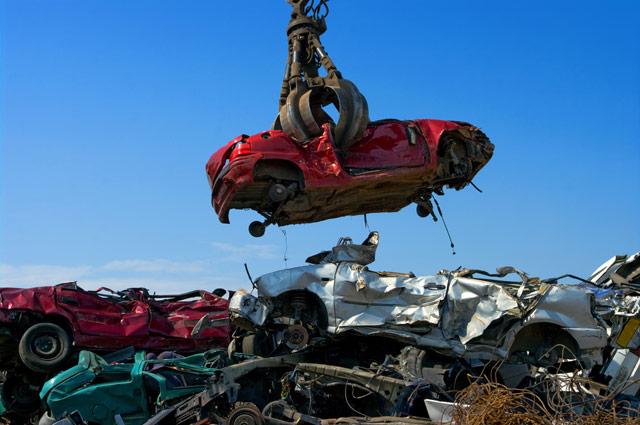
Ever wonder what insurance companies do with totaled vehicles, or insurance scrap? The truth is, it’s cheaper to replace your car today than it is to have it repaired. Scrap metal prices are high, and so are labor cost. A highly duplicated automobile is just easier to replace.
Here are some quick need to know facts before signing off on the next insurance payment:
- Under your auto insurance policy, it states that your policy will only pay up to the cash value of the vehicle. Not resale, not wholesale.
- If it costs more than your vehicle is worth to get it back into its pre-loss condition, the vehicle will be declared a total loss.
- When your insurance adjuster declares your vehicle a total loss, you do have the opportunity to negotiate the value before accepting the settlement offer
- If you agree that the car is totaled and you don’t want to keep your vehicle, you have the choice to accept a settlement of the full Actual Cash Value plus tax and titling fees
- If you’d like to repair your vehicle on your own, you do have the option to keep your vehicle by having the salvage value deducted from your settlement offer
When is a car declared a total loss?
In most cases, your car is declared a total loss when the full cost of repairs is higher than your vehicle’s Actual Cash Value. In some states, the damage only needs to exceed a Total Loss Threshold (TLT) for the car to be damaged.
What does the company do with the car if you sign it over?
If you decide that it’s too much of a hassle to repair the car, you still might be interested in knowing what your car’s fate will be once you sign it over. While the company does take ownership of written off cars, they don’t hold onto them in a junkyard lot forever.
Instead of holding onto the cars for extended periods of time, the insurance company that takes over the car will sell the car to a vendor that works with a local Department of Motor Vehicles. The vendor then works with buyers and dealers to sell the car based on state-specific regulations.
